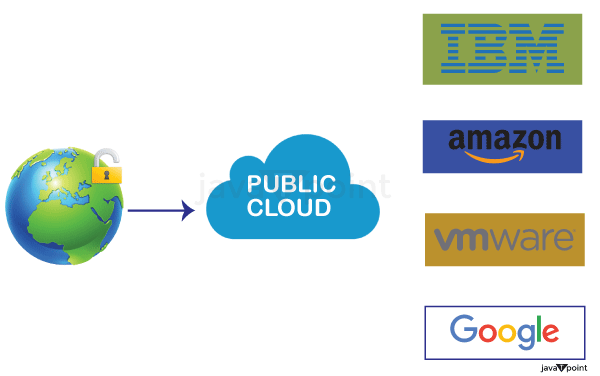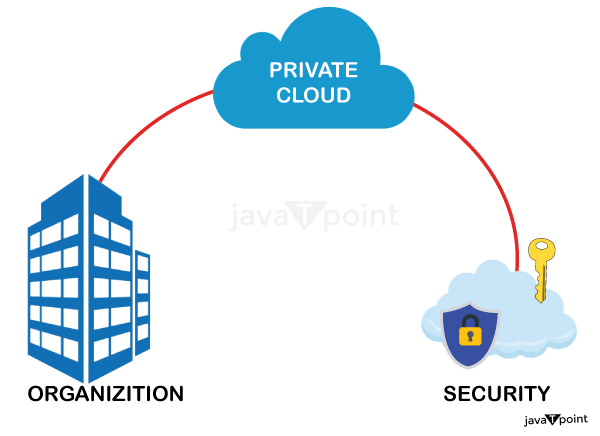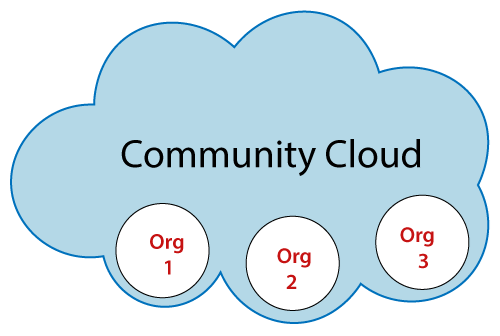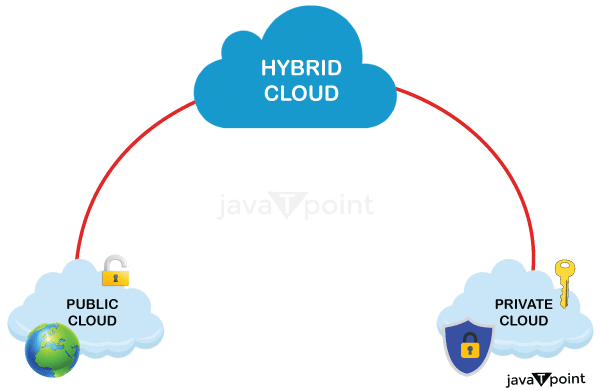Introduction
Hi Guys,My name is Praveen Srivastava. I am a certified solution architect and scrum master, working in a renowned company as a solution architect, also working in a company as an independent director. I have 15+ years of experience in different Microsoft technologies, out of which I have spent a lot of time to develop and consume MS Azure services like app service, service fabric, logic apps, web app, API management, Integration services and API services.
I am writing this blog to help the freshers, experienced and as well as those people who wants to crack an interview and to learn on MS Azure platform. I know there are a lot of content is available outside the market but I am assuring you that I will provide you more precise and accurate contents.
Apart from this if anyone of you have questions and you want to know the answer on it, please feel free to put a comment on below comment section.
So let's start our journey for learning and cracking the interview.
Azure Interview Questions and Answers
Que1: What is cloud computing?
Answer: Cloud computing the terms when you want to create, configure and customize the application through online medium. There are multiple vendors which is providing you the resource to use to create the application and pay them directly. It means you are using someone's (Vendor Machine) to create and deploy your application.
Que 2: Can you explain different type of clouds environment?
Answer: There are multiple type of clouds environment.
- Public Cloud
- Private Cloud
- Hybrid Cloud
- Community Cloud
Answer: These are the differences.
Public Cloud: Public cloud is open to all for access and store information.You have to pay only per usage basis. Below companies are providing the systems and services on the internet. It can be easily accessible by all.

Private Cloud: Private cloud is used by only one organization. It is fully owned, managed and operated by organization which are currently working on it. The advantage is security and maintenance. (Will explain in later sessions).

Community Cloud: Community cloud is basically used by a community. A community means there are multiple people who are associated with each other on one platform(like git hub). It is owned, managed and organized by shared people of different organization under one platform.

Hybrid Cloud: Hybrid cloud is a combination of two or more distinct cloud infrastructure. It can public, private or may be community based. It is used as more complex integrated systems as there may be multiple vendors are associated with each other.

Que 4: What is the benefits or advantages of cloud computing?
Answer: There are multiple benefits of cloud computing which are given below. (Will explain in detail in separate question)
- Scalability
- Agility
- High Availability
- Pay what ever you used
- Fault Tolerance
- High Responsibility
- High Bandwidth
- Low Latency
Que 5: What is MS Azure?
Answer: As we earlier know that, cloud computing is a concept which is provided by many companies like Amazon, Google, IBM and Microsoft etc.
"MS Azure is a product created by Microsoft based on cloud computing."
MS Azure has all the capabilities of cloud computing and we can use it based on our requirement.
Que 6: Explain the different models which is used in MS Azure / cloud computing?
Answer: There are three models in MS Azure / cloud computing.
- Platform as a Service (PaaS)
- Software as a Service (SaaS)
- Infrastructure as a Service (IaaS)
Answer: It provides a development platform to the consumers where one can build his / her own applications that run's on the provider's(MS Azure) infrastructure that supports transactions, uniform authentication, robust scalability and availability. The applications built using PaaS are offered as SaaS and consumed directly from the end user's web browsers. This gives the ability to integrate or consume third-party web-services from other service platforms.
Examples are: MS Azure Portal, Google App Engine etc.
Que 8: Can you explain SaaS?
Answer: It provides a single application through the web browser to thousands of customers using a multi tenant architecture. On the customer side, it means no upfront investment in servers or software licensing; on the provider side, with just one application to maintain, cost is low compared to conventional hosting. Under SaaS, the software publisher (seller) runs and maintains all necessary hardware and software. The customer of SaaS accesses the applications through Internet.
For example Salesforce.com with yearly revenues of over $300M, offers on-demand Customer Relationship Management software solutions. This application runs on Salesforce.com’s own infrastructure and delivered directly to the users over the Internet. Salesforce does not sell perpetual licenses but it charges a monthly subscription fee starting at $65/user/month [10]. Google docs is also a very nice example of SaaS where the users can create, edit, delete and share their documents, spreadsheets or presentations whereas Google have the responsibility to maintain the software and hardware.
Examples are Google Apps, Zoho Office.
Que 9: Can you explain IaaS?
Answer: Infrastructure-as-a-Service provides access to fundamental resources such as physical machines, virtual machines, virtual storage etc.
IaaS service provides the users of the cloud greater flexibility to lower level than other services. It gives even CPU clocks with OS level control to the developers.
Apart from these resources IaaS also offers.
- Virtual machine disk storage
- Virtual local area network (VLANs)
- Load balancers
- IP addresses
- Software bundles
Que 10: What is Azure cloud service?
Answer: Azure cloud service is an offering from Azure which are designed for developing and hosting of the applications. It behaves like a container where applications can run.
To develop an cloud service, we need Azure SDK. Using Azure SDK one can create cloud service type of project from any tool such as Visual Studio(for .Net) or Eclipse(for java).
